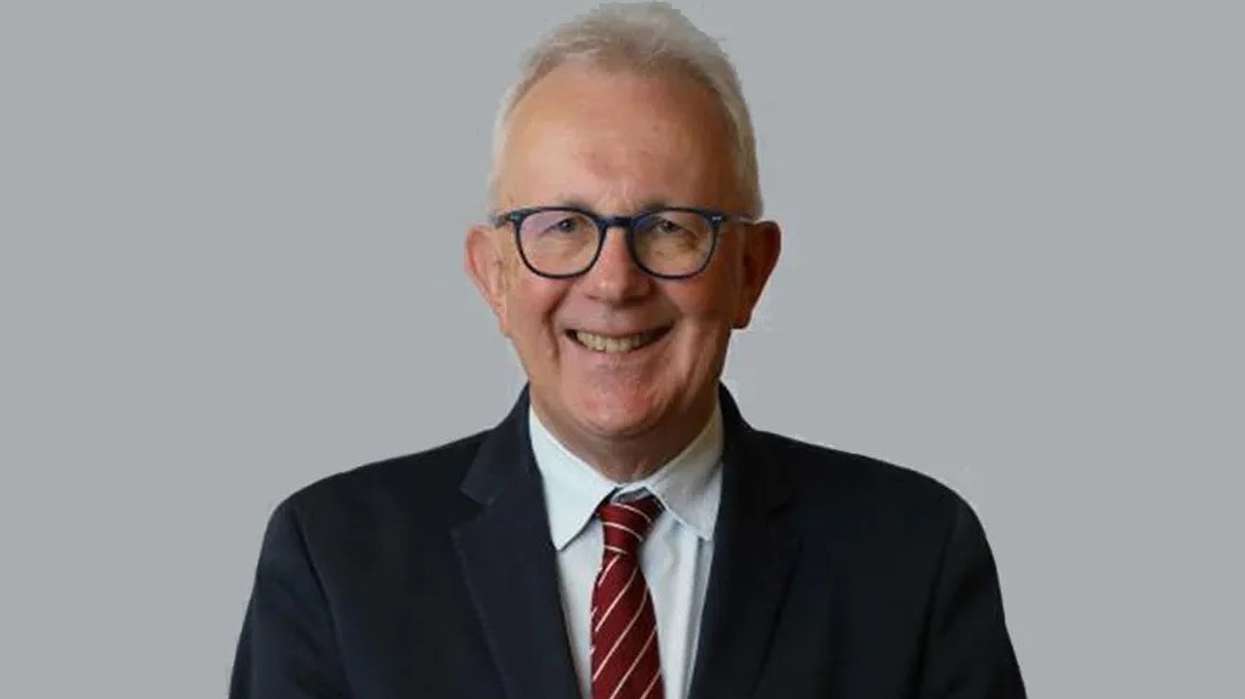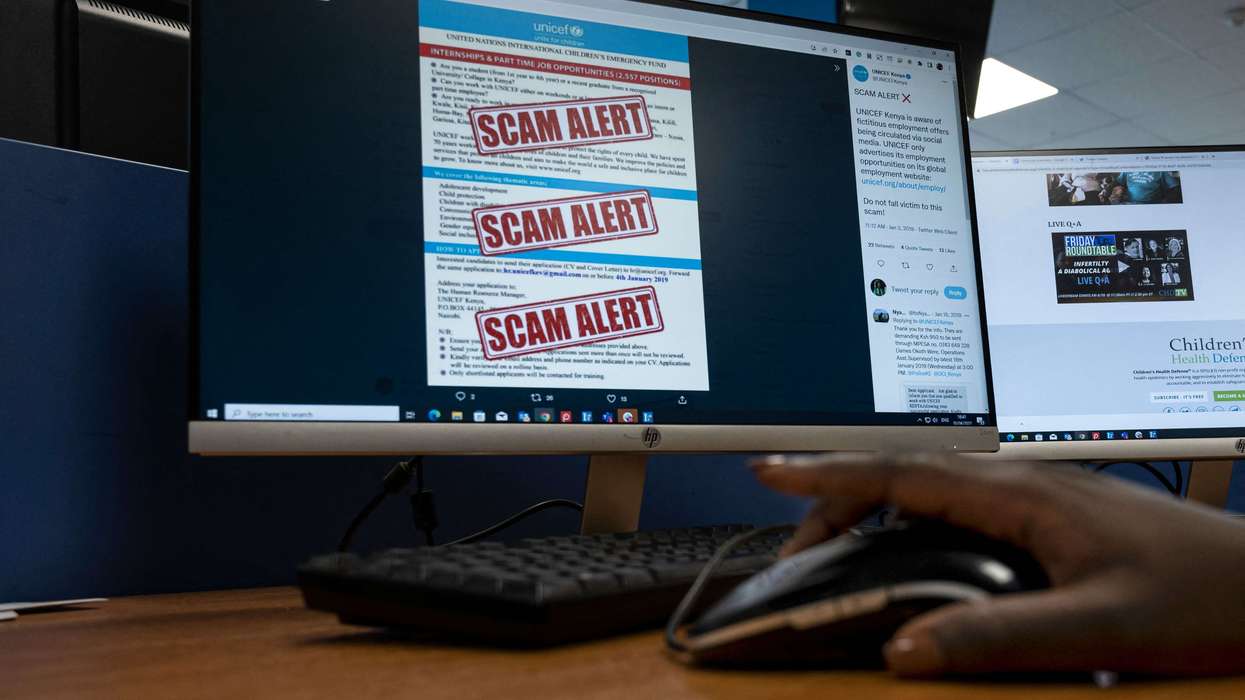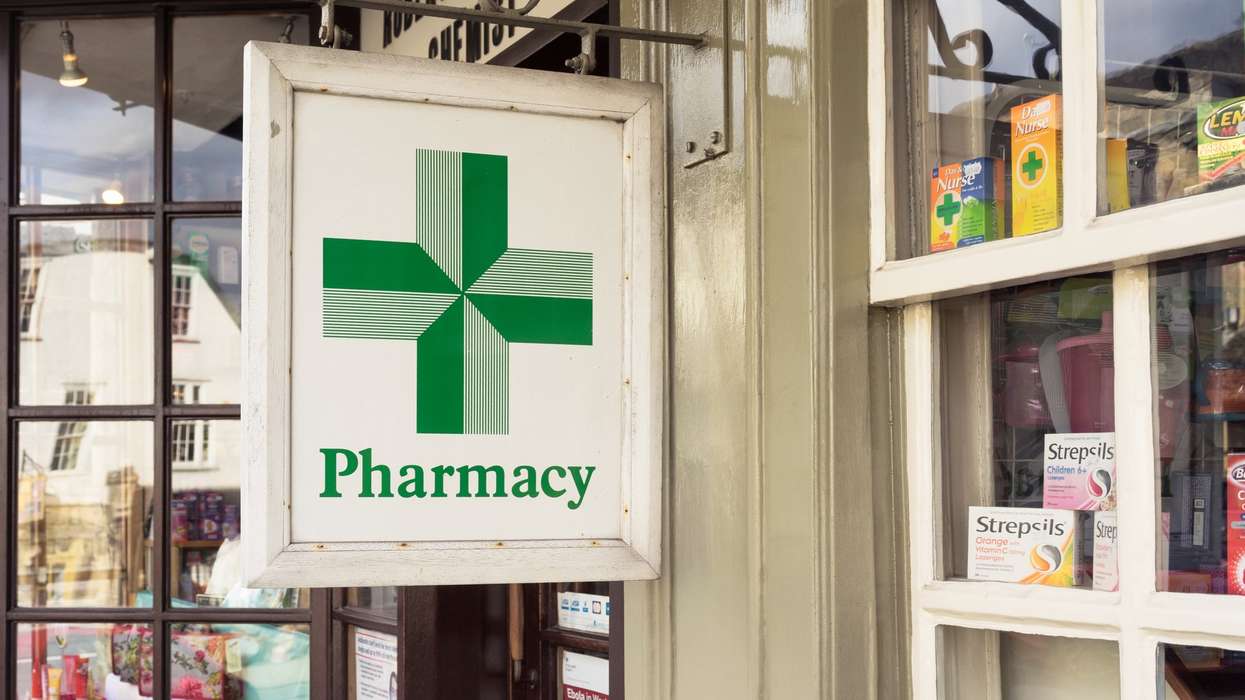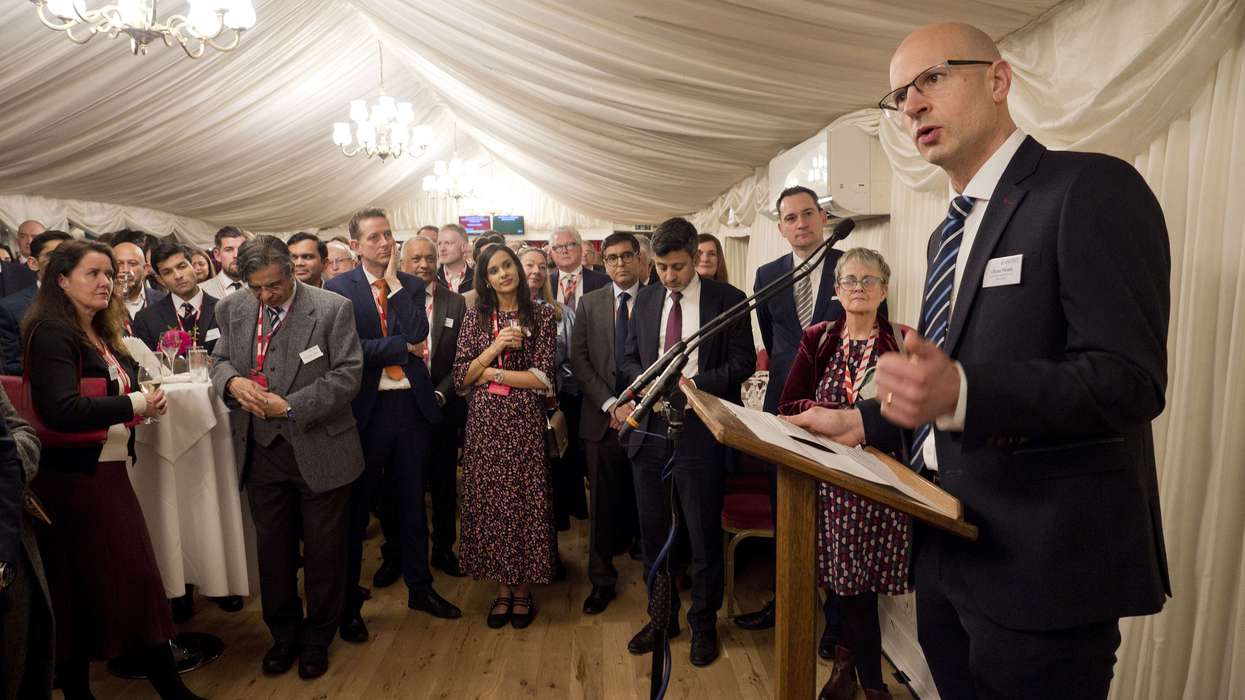The Royal Pharmaceutical Society (RPS) has published a new blueprint for advanced pharmacist core practice, following an intensive programme of work undertaken in collaboration with a wide range of UK stakeholders.
The the society said today (June 27) in a statement that the curriculum will equip pharmacists with advanced leadership, education, and research capabilities which are essential to support, lead and advance the profession through transformative change so it continues to meet evolving patient and service requirements.
The RPS Core Advanced Curriculum provides the blueprint to develop such individuals by articulating a UK entry-level standard to advanced pharmacist practice, relevant to all patient-focused pharmacist roles and aligned to multi-professional definitions of advanced practice.
This curriculum completes the core RPS post-registration curricula, creating a seamless post-registration professional development continuum modelled around five common domains- Person-centred care and collaboration; Professional practice; Leadership and management; Education; and Research.
From September 2022, pharmacists will be able to start compiling an electronic portfolio to demonstrate their learning and achievement of the curriculum outcomes. This forms the basis of the assessment, which will be carried out by an RPS competency committee.
“Successful completion of the curriculum’s assessment leads to the award of the RPS advanced pharmacist credential. This will demonstrate the pharmacist has demonstrated the necessary clinical and non-clinical capabilities required to practice at an advanced level,” said RPS.
RPS president Claire Anderson said: “The core advance curriculum bridges the gap between the post-registration foundation curriculum and the consultant pharmacist curriculum. It provides a blueprint for pharmacists to develop their potential and a way of being recognized as an integral part of the multi-professional advanced workforce.
"I’d like to thank everyone who has contributed to the production of this curriculum.”
Anne Watson, postgraduate pharmacy dean, NHS Education for Scotland, said: “NHS Education for Scotland welcomes the publication of the new RPS core advanced pharmacist curriculum which will support the vision of strengthening career development pathways in community, primary and secondary care as we outlined in our Pharmacist Career Framework review for Scotland 2020. It will enable pharmacists to provide quality assured care within an increasingly demanding and complex healthcare environment.”
Dr Jane Brown, pharmacy dean, Health Education England, said: “Health Education England welcomes the publication of the core advanced pharmacist curriculum. This approach will enable pharmacists from any sector to demonstrate holistic, advanced-level practice across the four pillars.
“The HEE team are pleased to have worked collaboratively with the RPS and other stakeholders in creating this curriculum. The curriculum supports development of the advanced pharmacist workforce and ensures parity with advanced clinicians from other professional groups.
“The curriculum’s alignment with the NHS Multi-professional framework for advanced clinical practice in England will allow HEE and the RPS to jointly support pharmacists in navigating the routes to advanced practice credentialing.”
Margaret Allan, dean at NHS health education and improvement, Wales, said: “HEIW welcomes the launch of the RPS Core Advanced Curriculum. The curriculum provides a clear trajectory for pharmacists from the post registration foundation curriculum into advanced practice.
"The significant changes to the pharmacist Initial education and training pathway means it is even more important that we have clearly defined post registration pathways from early years through to advanced and consultant practice. HEIW will look forward to working with colleagues to consider the implementation of the RPS Core Advanced Curriculum”
The society is also hosting a webinar on the advanced curriculum on 18 July 7-8pm.











